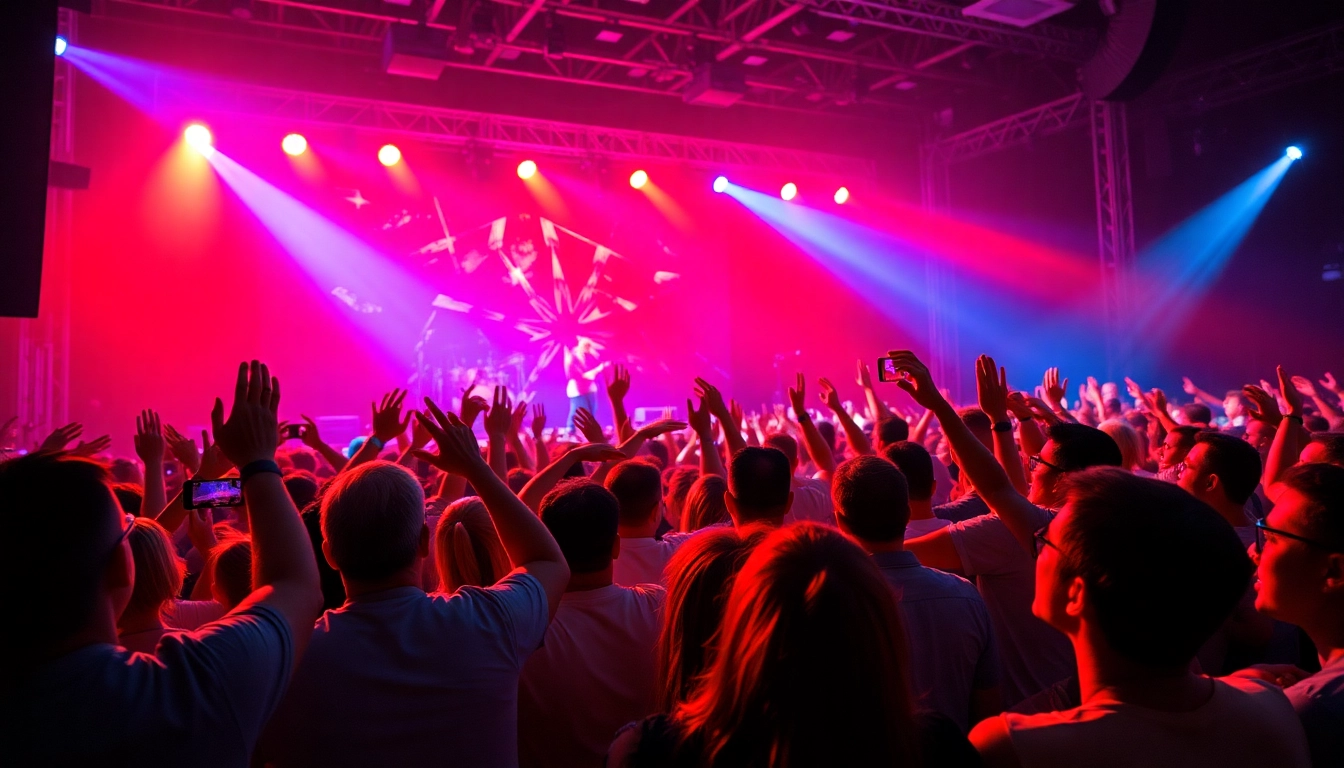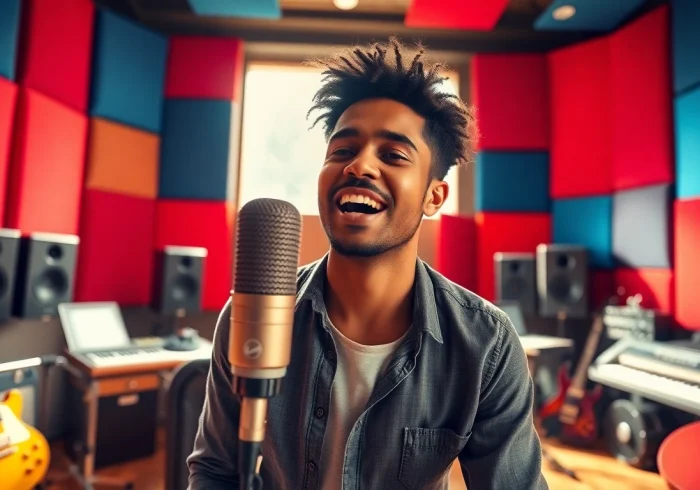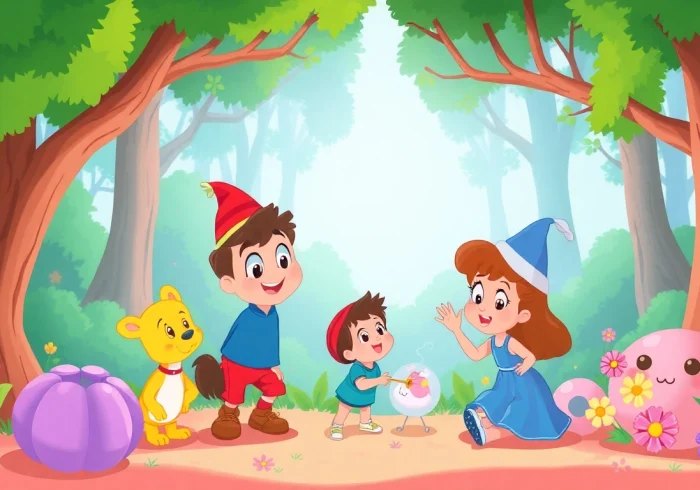Understanding Live Music Fans
Live music has a unique ability to bring people together, transcending geographical and cultural barriers. It creates shared experiences that often remain etched in our memories. Understanding the dynamics of Live Music Fans is pivotal for artists, venues, and event organizers who wish to create unforgettable experiences. This section delves into the demographics, motivations, and challenges faced by these fans.
Demographics of Live Music Fans
The demographic landscape of live music fans is diverse and varied. They span different age groups, socioeconomic backgrounds, and locations. Here are key insights:
- Age Groups: A large portion of live music fans tends to be in the 18-34 age range, often characterized by higher disposable incomes and a keen interest in social experiences. However, fans above 35 are also increasing, especially those who have deep-rooted musical tastes.
- Geographic Distribution: Urban areas tend to have a higher concentration of live music events and hence fans. However, rural areas are not devoid of dedicated fan bases, particularly as mobile events and traveling festivals reach new locations.
- Income Levels: While high-ticket concerts attract affluent audiences, many fans come from middle-class backgrounds. They prioritize spending on experiences over material possessions, reflecting a cultural shift towards valuing shared moments.
What Drives Live Music Fans to Attend Concerts?
Understanding the motivations behind why fans attend concerts provides valuable insights into crafting better experiences. The primary drivers include:
- Connection to Music: For many fans, the desire to connect with their favorite artists in a live setting is paramount. This connection creates a sense of community and shared interests among fans.
- Emotional Experience: Live music evokes deep emotions. Fans often seek the thrill, joy, and even catharsis that accompanies a live performance.
- Social Interaction: Concerts provide a social platform where fans can meet like-minded individuals, fostering friendships and community ties.
- Memorable Experiences: The excitement of live performance, including the atmosphere, setting, and ambiance, creates unforgettable moments that fans cherish.
Common Challenges Faced by Live Music Fans
While attending live events can be exhilarating, fans often face certain challenges:
- High Ticket Prices: The cost of attending live shows, especially big-name acts, can be prohibitive for many fans.
- Accessibility Issues: For those with disabilities or those living in remote areas, attending concerts can pose logistical challenges.
- Lack of Information: Fans may struggle to find information about events or to understand changes in scheduling, leading to missed opportunities.
- Crowd Control and Safety Concerns: Large gatherings can lead to safety issues, with fans often feeling overlooked in terms of their security and comfort.
Building a Connection with Your Audience
Once you understand your live music fans, the next step is establishing a strong connection with them. Here are strategies to foster engagement and connection:
Strategies to Engage Live Music Fans
Engagement involves creating a tailored experience that connects the fans with the music and the artists:
- Interactive Platforms: Utilizing online platforms for fan interactions, such as Q&A sessions or pre-event polls, enhances involvement.
- VIP Experiences: Offering exclusive packages that include meet-and-greets, backstage passes, or private soundchecks can foster loyalty and excitement.
- Personalization: Sending personalized messages or recommendations based on previous concert attendance can increase fan engagement and attendance.
- Fostering Community: Creating platforms for fans to connect, such as forums or social media groups, encourages interaction beyond just the music experience.
Creating Unique Experiences for Live Music Fans
To stand out in a competitive market, it’s essential to create unique experiences that leave lasting memories:
- Themed Events: Organizing concerts around specific themes or concepts can entice fans. For example, a “Retro Night” may bring back nostalgic feelings.
- Artistic Collaborations: Collaborating with visual artists or dancers to enhance performances can engage fans in a multi-dimensional experience.
- Pre- and Post-Event Activities: Hosting workshops, meet-and-greets, or after-parties can enhance the overall experience.
- Virtual Reality Experiences: Implementing VR technology to allow fans to experience concerts from different perspectives can offer something new and innovative to tech-savvy audiences.
Leveraging Social Media to Attract Live Music Fans
Social media is a powerful tool for reaching out to live music fans:
- Content Creation: Sharing behind-the-scenes content, artist interviews, and preparation videos can engage fans and create buzz around an event.
- Hashtag Campaigns: Encourage fans to use event-specific hashtags to promote interaction and enhance event visibility.
- Live Streaming: Offer live streams of performances or rehearsals for fans who can’t attend, fostering a sense of inclusion.
- Engagement through Contests: Run contests where fans can win tickets or merchandise by sharing their personal stories or connections to the music.
Best Practices in Event Organization
An unforgettable concert goes beyond just the music; it involves meticulous planning and execution. Here are key best practices:
Understanding Venue Selection for Live Music Fans
The choice of venue significantly impacts fan experience. Factors to consider include:
- Capacity and Layout: The venue should accommodate the anticipated audience while maintaining proper sightlines and acoustics.
- Location: Accessibility for fans is vital. Opt for venues that are easily reachable by public transport and have sufficient parking.
- Amenities: Ensure that facilities such as restrooms, food, and beverage options are available to enhance attendee comfort.
- Acoustics and Ambiance: The venue’s sound quality and overall ambiance should align with the musical genre to maximize enjoyment.
Marketing Techniques Respected by Live Music Fans
Effective marketing is essential for selling tickets and attracting fans:
- Influencer Marketing: Partnering with music influencers or bloggers can widen reach and bring in dedicated fanbases.
- Email Marketing: Regular updates and exclusive early access to tickets can entice loyal fans.
- Engaging Content: Use storytelling to create marketing content that resonates emotionally with fans, incorporating elements of the artists’ journeys or narratives that extend beyond the concert.
- Strategic Collaborations: Collaborating with local businesses or other events can create cross-promotional opportunities that benefit all parties involved.
Effective Ticketing Strategies to Attract Live Music Fans
Ticketing strategy can dramatically influence attendance and fan perception:
- Dynamic Pricing: Implementing pricing strategies that fluctuate based on demand can help maximize revenue while ensuring accessibility.
- Early Bird Discounts: Offering discounts for early purchasers can encourage ticket sales and create an initial wave of excitement.
- Group Packages: Discounted packages for groups can encourage fans to attend together, enhancing the social aspect of the event.
- Transparent Fees: Clearly communicating all ticket fees builds trust with fans, promoting more positive future interactions.
Enhancing the Fan Experience During Concerts
Enhancing the experience fans have while at the event can create lasting memories which they share with others. Here are strategies to consider:
Utilizing Technology to Engage Live Music Fans
Modern technology can enhance the live music experience significantly:
- Mobile Apps: Developing an app that includes event schedules, venue maps, and live updates can improve fan engagement.
- Interactive Displays: Install visually engaging displays that share real-time statistics or engage fans with interactive content.
- Augmented Reality Features: Integrating AR can enhance interactivity, allowing fans to engage with additional content through their devices.
- Live Polling and Feedback: Engaging the audience through live polls during performances can further enhance their sense of involvement.
Creating Memorable Merchandising for Live Music Fans
Merchandise provides an additional avenue for memorable connections with fans:
- Exclusive Concert Merchandise: Offering limited-edition items only available at events can create a sense of urgency and exclusivity.
- Personalized Merchandise: Providing options for personalization, such as custom shirt printing on-site can enhance fan connection.
- Experiential Merchandise: Consider merchandise that adds value beyond clothing, such as physical items that contribute to the concert experience (e.g., glow sticks, vinyl records).
- Eco-Friendly Products: Offering sustainable merchandise options resonates with fans who are environmentally conscious.
Post-Event Engagement with Live Music Fans
Post-event engagement is crucial for maintaining a long-term relationship with fans:
- Surveys and Feedback Requests: Gather feedback post-event to understand what resonated with fans and areas for improvement.
- Shared Experiences: Encourage fans to share their experiences on social media using designated hashtags, which can promote future events.
- Follow-Up Communication: Send follow-up emails thanking fans for attending, sharing memorable moments from the concert, or inviting them to future events.
- Access to Bonus Content: Share behind-the-scenes footage or exclusive video content post-event to keep the excitement alive.
Measuring Success in Your Events
To ensure continuous improvement, success metrics should be tracked and analyzed post-event:
Key Performance Indicators for Live Music Fans
Establishing KPIs helps to quantify the success of an event. Key indicators include:
- Attendance Rates: Measure how well ticket sales meet expectations and actual attendance numbers.
- Revenue Generated: Track total revenue versus projected revenue to assess profitability.
- Fan Engagement Levels: Analyze social media engagement, merchandise sales, and post-event feedback to gauge fan satisfaction.
- Media Coverage: Evaluate the extent and sentiment of media coverage and reviews post-event.
Gathering Feedback from Live Music Fans
Post-event feedback is crucial in understanding the fan experience:
- Surveys: Effective use of surveys can help gather direct feedback on various aspects of the event, from the lineup to logistics.
- Social Media Monitoring: Analyzing social media discussions reveals unfiltered opinions and potential areas for improvement.
- Focus Groups: Inviting selected fans to participate in discussions can deliver quality insights beyond what surveys may capture.
- Net Promoter Scores: Evaluating fans’ likelihood of recommending the event can provide insight into overall satisfaction levels.
Adapting Strategies Based on Feedback from Live Music Fans
Following up on feedback is essential for improvement:
- Trend Analysis: Regularly assess feedback to identify common trends or recurring issues that need attention.
- Implementation of Changes: Use constructive feedback to tweak future events, from line-ups to venue selection.
- Communication with Fans: Keeping fans informed about how their feedback has led to improvements can strengthen their relationship with the brand.
- Continuous Learning Approach: Cultivate a culture of learning and adaptation in event planning to remain aligned with the evolving tastes and expectations of fans.



